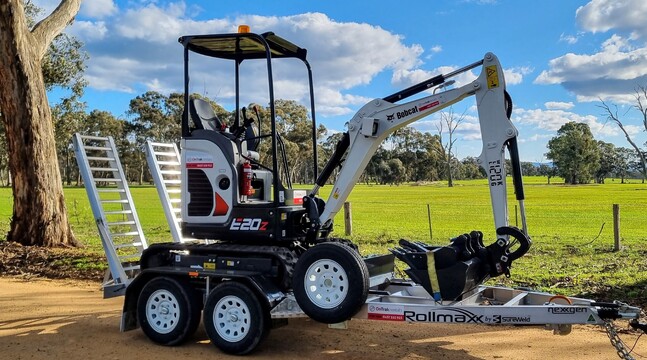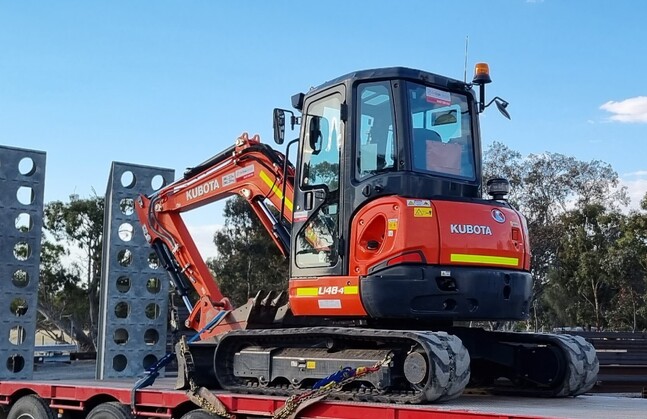It's difficult to beat the effectiveness of an excavator with their myriad of attachments and versatility for a large range of tasks. You’ve probably considered working in excavation or thought of hiring a machine for your own DIY home projects, but what are the requirements to operate an excavator? Perhaps you have already read our guide on things to consider when hiring an excavator and are ready to take the next step?
For typical excavator work, instead of having a license that you need to renew, you now need to prove you have the adequate skills and experience to operate an excavator at the time of hire/operation. Despite this, there is good news for DIY weekend warriors!
You will not need certification for non-commercial use on private property. No certification or license is needed if you are hiring a mini loader, mini excavator or excavator for use in a non-commercial DIY project on private property, although a machine supplier will brief you on safety and general operational use.
What are the laws in Australia for operating excavators and earthmoving machinery?
Under new Australian Work Health and Safety Regulations conditions, you no longer need to hold an earthmoving or particular crane (EPC) certificate to operate the following types of equipment:
- Excavator (class LE)
- Front end loader / backhoe (class LB)
- Front end loader (class LL)
- Skid steer loader (class LS)
- Dozer (LZ)
- Grader (LG)
- Scraper (LP)
The management or business in control of the plant (or the supplier in the case of residential DIY project hires) must ensure:
- Operators receive adequate information, training, instruction and supervision
- Operators are competent
- Appropriate use of equipment to minimise any risks to health and safety
Be aware though, you will still be required to have a high-risk work license for activities that cover demolition and asbestos removal, as well as the operation of certain types of Cranes and Hoists, EWPs and Boom Lifts, Forklifts, Boilers and Steam Turbines.

